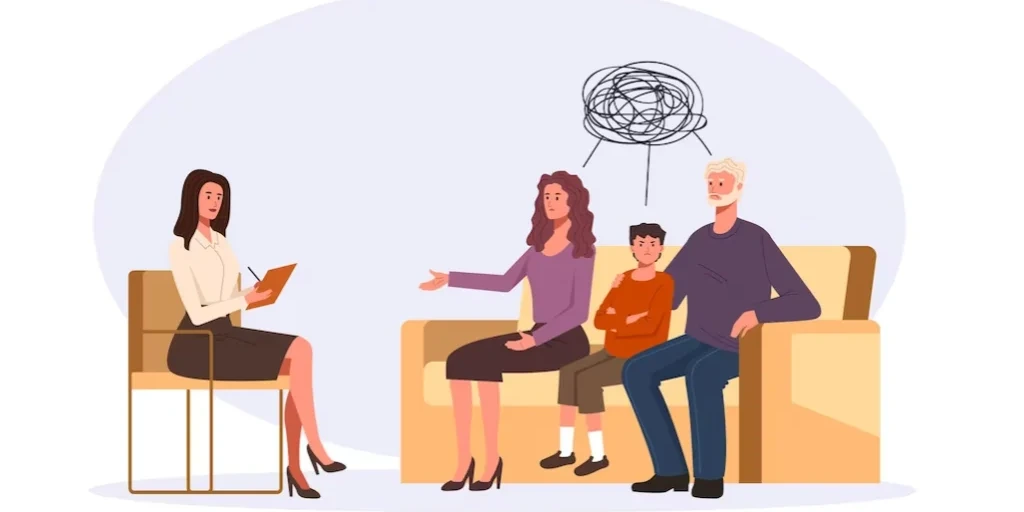24/7 Helpline:
(866) 899-111424/7 Helpline:
(866) 899-1114
Learn more about Eating Disorder Treatment centers in Pleasantville
Eating Disorder Treatment in Other Cities

Other Insurance Options

CareSource

Meritain

Ceridian

Choice Care Network

Lucent

Carleon

Coventry Health Care

Evernorth

Self-pay options

Ambetter

AllWell

Medical Mutual of Ohio

BlueCross

Group Health Incorporated

CareFirst

Health Choice

Magellan

Humana

UMR

Highmark










